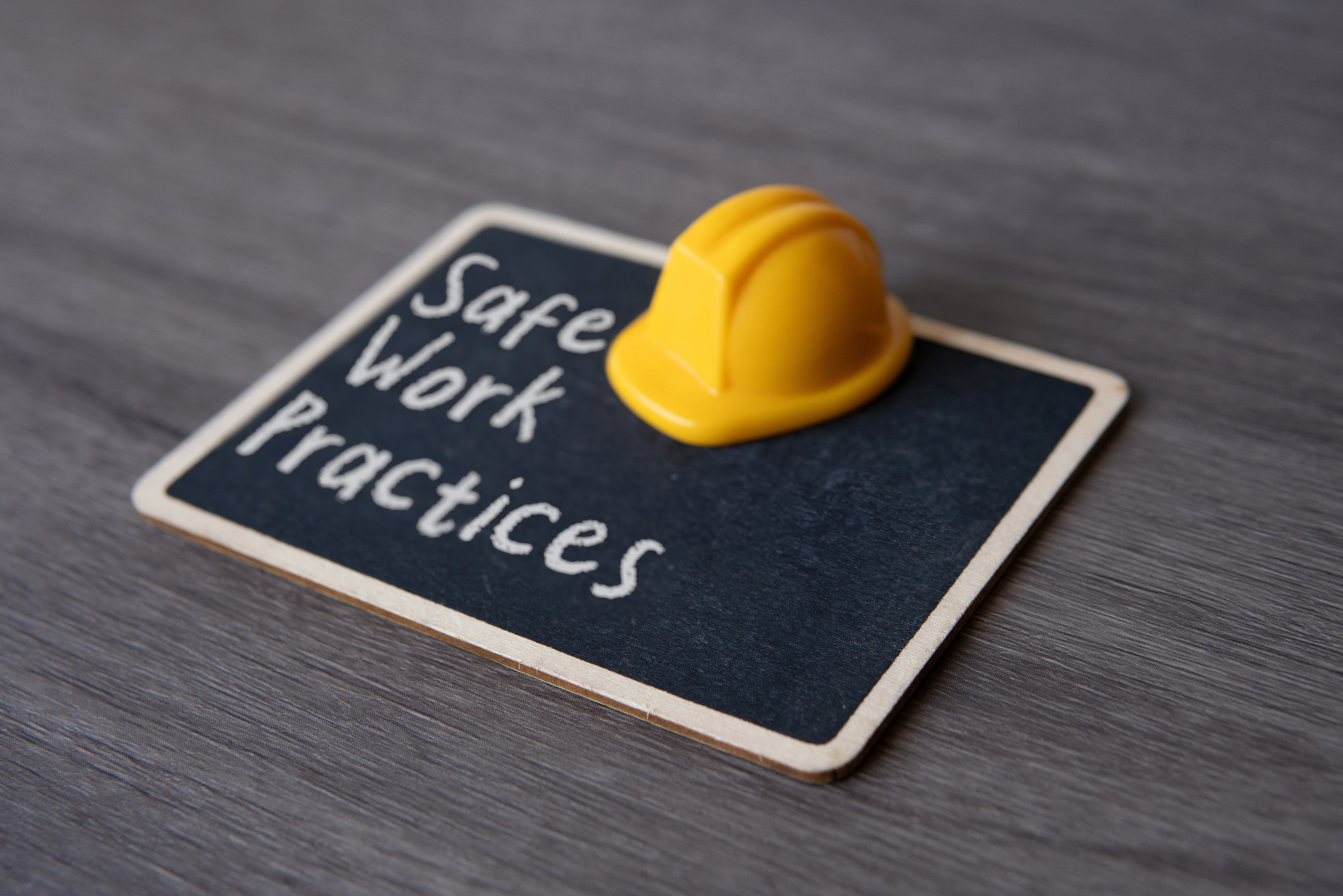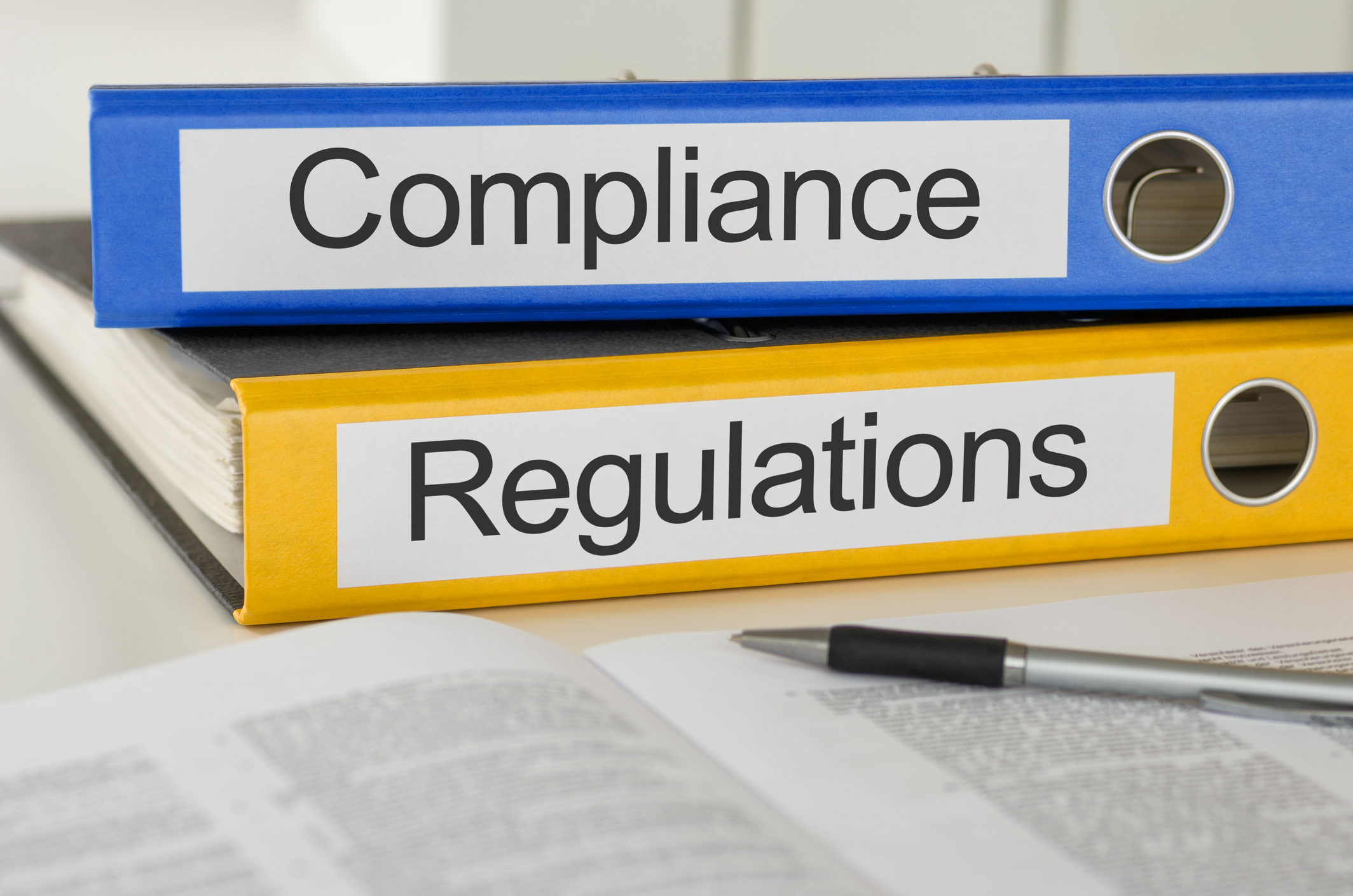
“Psychosocial” refers to the interaction between psychological and social factors that influence an individual’s mental health and behaviour. These factors apply to every setting, including workplaces, communities, and individual environments, impacting overall well-being.
Rising Awareness in Australian Workplaces
In recent years, Australian workplaces have seen a significant increase in psychosocial claims, indicating a growing awareness of mental health issues related to work environments. This trend underscores the urgent need for effective strategies to manage psychosocial risks and protect employee well-being.
- Increased Claims: Safe Work Australia reported a 53% rise in serious mental health claims from 2015 to 2020, now a substantial portion of total workers’ compensation claims.
- Economic Impact: The Australian Productivity Commission estimated that workplace-related mental health issues cost between $10 billion and $22 billion annually, including lost productivity, absenteeism, and healthcare expenses.
- Worker Stress: A 2018 survey by the Australian Council of Trade Unions (ACTU) found that 92% of workers experienced work-related stress, and 25% reported harassment or bullying at work.
- Higher Reporting: The Australian Bureau of Statistics (ABS) noted an increase in reported mental and behavioral conditions in the workforce, from 20% in 2015 to 26% in 2020.
- Sector-Specific Issues: The health and community services sector reported a 70% increase in mental health claims over the past decade, as per Safe Work Australia.
Legal Recognition of Psychosocial Hazards
Australian laws have always recognised that “health” includes both mental and physical well-being. However, there is now a bigger focus on eliminating psychosocial hazards at work, just like with physical dangers such as working from heights or lifting heavy objects. This means that businesses need to identify and manage mental health risks with the same care and strategies used for physical ones.
Common Workplace Psychosocial Hazards
- High job demands.
- Low job control.
- Poor work-life balance.
- Implementing Measures for a Healthier Workforce.
Effective management of psychosocial hazards has proven to lead to a happier, more engaged, and productive workforce.
Ignoring these issues can increase employee stress, absenteeism, lower productivity, and potential legal consequences, ultimately harming the organisation’s reputation and profitability.
In summary, understanding and managing psychosocial factors in the workplace is vital for ensuring employee well-being and organisational health. By addressing these risks proactively, businesses can create a more positive and productive work environment.
Download a free a support services document.

It includes available support services and resources for employees, such as counselling services, and peer support networks to access when needed.
Just fill out the form and we will email it to you.

























